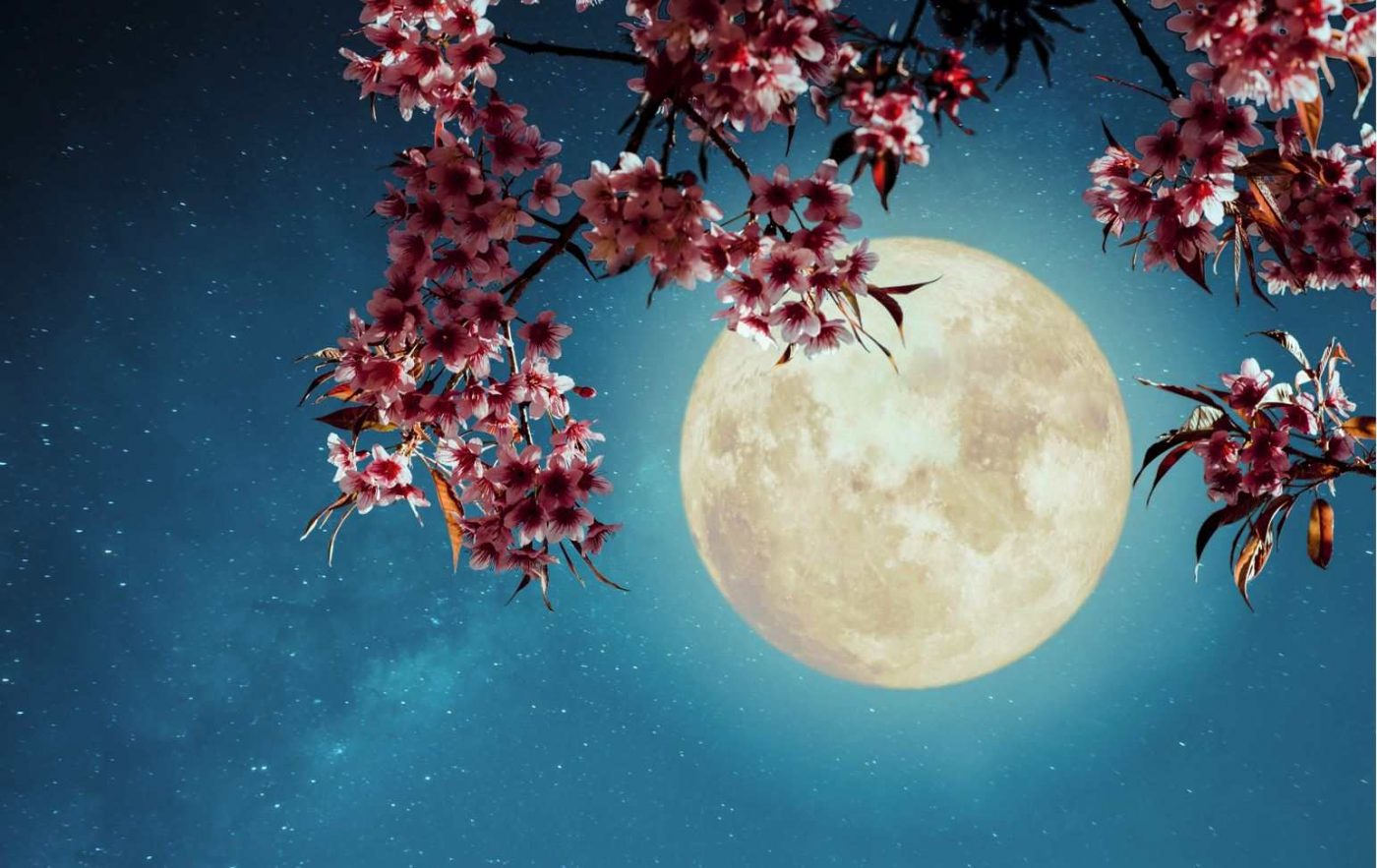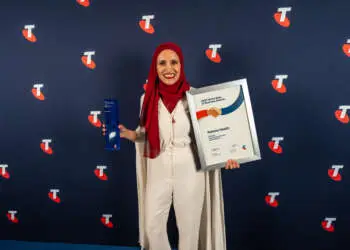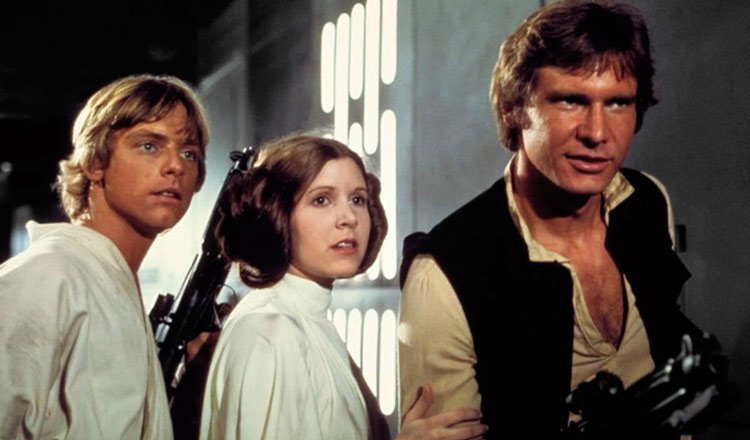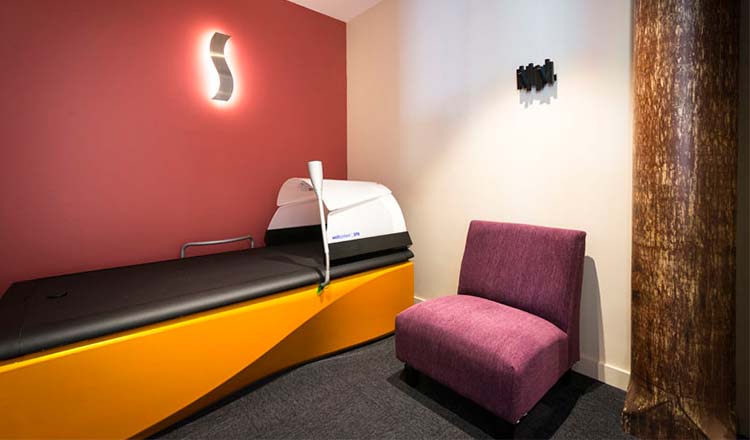Tania de Jong is an Australian woman of many talents. She’s an acclaimed Australian soprano, an award-winning social entrepreneur, a global speaker and has had a trail-blazing spiritual journey. Tania has developed 6 businesses and 3 charities over 3 decades.
Here, Tania shares her latest story and how she came across Psychedelic Medicines and how it changed her life...
I want to start with a snapshot of how I am possibly different from the average person. I don’t smoke or drink. Before this chapter of my life began, I’d never taken any drugs besides prescription medication – and those as rarely as possible – let alone psychedelic drugs. I live in Melbourne, the coffee capital of Australia and I don’t even drink it.
Yet today, my life revolves around psychedelic medicines – heavily stigmatised substances still illegal in most countries. This huge shift is likely confusing. However, my personal journey can hopefully provide a deeper understanding of why I co-founded Mind Medicine Australia (MMA), and how psychedelic-assisted therapy could change the face of mental health treatment.
Helping People find their Voice
Over the past two decades, I’ve founded six companies, three charities and I’m a Member of the Order of Australia. I’m a global speaker and an international soprano – performing both as a soloist and as part of a group. I’ve released 12 albums.
Singing has always been a huge part of my life. This motivated me to start the charity Creativity Australia and social inclusion program, With One Voice. My mission was to bring together people from different backgrounds, generations, faiths, and cultures by forming social inclusion choirs which bring together the ‘haves’ with ‘have-nots’. Singing together can help alleviate loneliness, depression, and social isolation. I explain this further in my TED talk, which has received over 147,000 views so far.
I’ve personally witnessed that helping people find their voice can unlock their full creative potential. Similarly, I also believe psychedelics have a monumental role in helping achieve this.
From Sober to Psilocybin Seeker
Taking an illegal substance had never occurred to me until I stumbled across Michael Pollan’s article in The New Yorker titled The Trip Treatment. Reading it not only made me aware of the current resurgence in psychedelic research, but also helped me to understand how these ancient plant medicines were assisting people to heal from a host of mental health issues.
From that point on, my interest in trying these hallucinogenic plants began to grow. I had no idea what it was like to be drunk or out of control. Yet the majority of people expose themselves to these altered states on a regular basis. I wondered if perhaps I was missing out on an essential human experience. What could psychedelics teach me about who I am or who I could be? Through exploring my psyche, what unknown parts of myself and our cosmos could psychedelics grant me access to?
So, I recruited the support of my now husband Peter, and set out on a quest to have a therapeutic experience with psilocybin mushrooms. Having sadly lost his father to suicide in his early teens, Peter was also interested in dealing with past traumas.

However, being able to do this in a safe and legal setting proved difficult. After first trying and failing to get into global trials for healthy patients, we were ultimately referred to a private therapist in the Netherlands, where the use of psychoactive truffles is legal. We ingested a large dose of psilohuasca — a combination of psilocin-containing fungi and Syrian Rue, a MAO inhibitor used to enhance and prolong the effects of a trip.
The Inner Journey
Fair warning – describing what it’s like when you take psychedelic substances is difficult. My first time was completely removed from anything I’d encountered before. Unless you’ve personally experienced it, there’s really no reference point for understanding what it’s like. However, I can tell you that from then on, my life veered off in a very different direction.
The combination of having never lost control before and hearing stereotypes around psychedelics, made me incredibly nervous. I believed that it was going to destroy my brain. Turns out, this is far from reality. Psychedelic medicines are extremely safe and non-addictive. What happened was one of the most meaningful experiences of both our lives.
Firstly, the medicine completely shot us into space and, at the same time, through the Earth, rivers and oceans. What initially overwhelmed me was this incredible sense of oneness. It was as if all boundaries dissolved and I was left with the sheer magnificence of our planet. The connectivity of everything was indescribable. I haven’t been able to eat meat or even step on an ant since.
Being confronted with personal pain is a common experience during a psychedelic trip. For myself, as the daughter and granddaughter of Holocaust survivors, I’ve lived with transgenerational trauma my whole life. I was faced with this horror during my experience and have undergone transformational healing as a result.
These realisations were profound, but it’s the deeper insights we gained about ourselves that have left a lasting impression. The self-development Peter and I dove into following that first overseas expedition was vital for us to really integrate our life-changing experience. These lessons were so powerful, we didn’t feel compelled to have another session for a whole year. Research shows the psychedelic experience significantly decreases activity in the brain’s default mode network. However, it’s the work that’s achieved in subsequent integration which leads to lasting wisdom. Incorporating the experience into your life, is just as important as the experience itself.
The neurogenesis and increased neural plasticity created by the medicines is truly remarkable. It’s like hitting the reboot button on your brain’s computer and defragging the faulty drives. I’ve noticed my creativity has increased tremendously. I’m able to access more moments of flow and purity in my singing, public speaking and writing. I’ve also recognised real lifts in my energy and consciousness. I feel many neural pathways have reconnected for me, new ones have formed and missing parts of myself have been found.
Creating a Movement and Making a Difference
The immense value we’ve gained from these magical medicines is what inspired us to establish our fifth charity, Mind Medicine Australia in 2019. Whilst our other charities are helping thousands of people through women’s shelters, social inclusion choirs, educational programs, poverty alleviation and micro-finance, we acknowledge that at the heart of any kind of social isolation or disadvantage lies mental illness.

Mental illness keeps a person isolated. Sufferers often deal with rigid, negative thought patterns and intense feelings of despair. Every day we get emails and calls from those who’ve tried medication or therapy and they’re at the end of the road. We need to treat the underlying cause if people are to genuinely heal and lead more meaningful lives.
MMA is focused on expanding the treatment options available to health practitioners and their patients to reduce Australia’s terrible mental health statistics.
The Pandemic has led to an Increase in Mental Illness
Before the pandemic, 1 in 5 Australians were experiencing some type of mental illness. One in 8 adults, 1 in 4 older people and 1 in 30 children (some as young as four) were estimated to be on anti-depressants. Their use across the country has risen by a massive 95% over the past 15 years.
Still, mental health statistics continue to get worse, resulting in one of the highest rates of mental illness in the world. Recently, mental health experts announced that the COVID-19 crisis could lead to a 25% increase in suicide rates and that 3 out of 4 Australians reported that their mental health has deteriorated. The incidence of trauma, anxiety, depression and substance abuse are all accelerated by the pandemic.
Depression treatment methods haven’t substantially changed for decades and reversion rates are as high as 80% following medication. Side effects and withdrawal symptoms are common problems. Anti-depressants and psychotherapy lead to remission for less than 35% of suffers and the rates for PTSD are around 5%.
On the other hand, MDMA and psilocybin-assisted therapies are considered safe with remission rates of between 60-80% being achieved from over 160 current and recent trials. Evidence suggests psychedelics are low in toxicity, non-addictive, and show no signs of producing organ damage or neuro-psychological side effects. These medicines are also proving to be very effective at treating various addictions. Practitioners describe them as ‘antibiotics for the mind’ due to their outstanding efficiency and short nature of treatment programs.
Research showing the benefits of these therapies are taking place at many of the world’s most prestigious universities including Johns Hopkins, Yale, UCLA, Harvard, Oxford and Imperial College London. Furthermore, these therapies are already legally available in the USA, Switzerland, Canada, and Israel via Special Access Schemes.
Psilocybin-assisted therapy for depression and MDMA-assisted therapy for PTSD have achieve ‘Breakthrough Therapy’ designation from the FDA in the USA. This designation is only granted to medicines that could be vastly superior to existing treatments to fast-track the approval process. MDMA, which is in Phase 3 trials, is likely to be a prescribed treatment for PTSD in the USA within 18 months. There are also trials underway for the treatment of end-of-life depression and anxiety, alcohol and drug addiction, dementia, strokes, anorexia and other eating disorders, cluster headaches and chronic pain.
Scaling the Mission to Set People Free
In preparation, we need to ensure that practitioners are properly trained. Our Certificate in Psychedelic-Assisted Therapies commenced in 2021. This is the first course of its kind in the Asia-Pacific and is being designed in collaboration and features a Faculty of global leaders in this field. Our intakes are proving very popular with psychiatrists, psychologists, GPs, mental health nurses, social workers and other practitioners.
What psychedelic medicines provide is an extremely effective treatment option for medical professionals who are desperately seeking innovation in the way we treat mental illness. They can help us rediscover our connection to ourselves and get to the root cause of suffering. We can’t love others unless we first love ourselves. Psychedelics used intentionally also have the potential to help us solve other serious challenges, such as environmental and political issues, homelessness and domestic violence.
A great deal of pain and suffering could be alleviated by introducing genuine connection back into people’s lives. If the pandemic is teaching us anything, it’s that humans are social creatures, and losing that connection can drastically affect our health and wellbeing. My first mission was to heal through the power of music, and don’t get me wrong, I’m still very dedicated to doing this. Yet today, with MMA, we’re taking that mission and scaling it in a way I could’ve never imagined possible.
Tania de Jong AM is a internationally acclaimed soprano, global speaker and award-winning social entrepreneur and philanthropist. She is co-Founder and Executive Director of Mind Medicine Australia, Creativity Australia and the With One Voice program and Creative Universe.
You can find out more at Mind Medicine Australia or at Creativity Australia. www.creativityaustralia.org.au
For more from The Carousel on mental health, visit here.
















